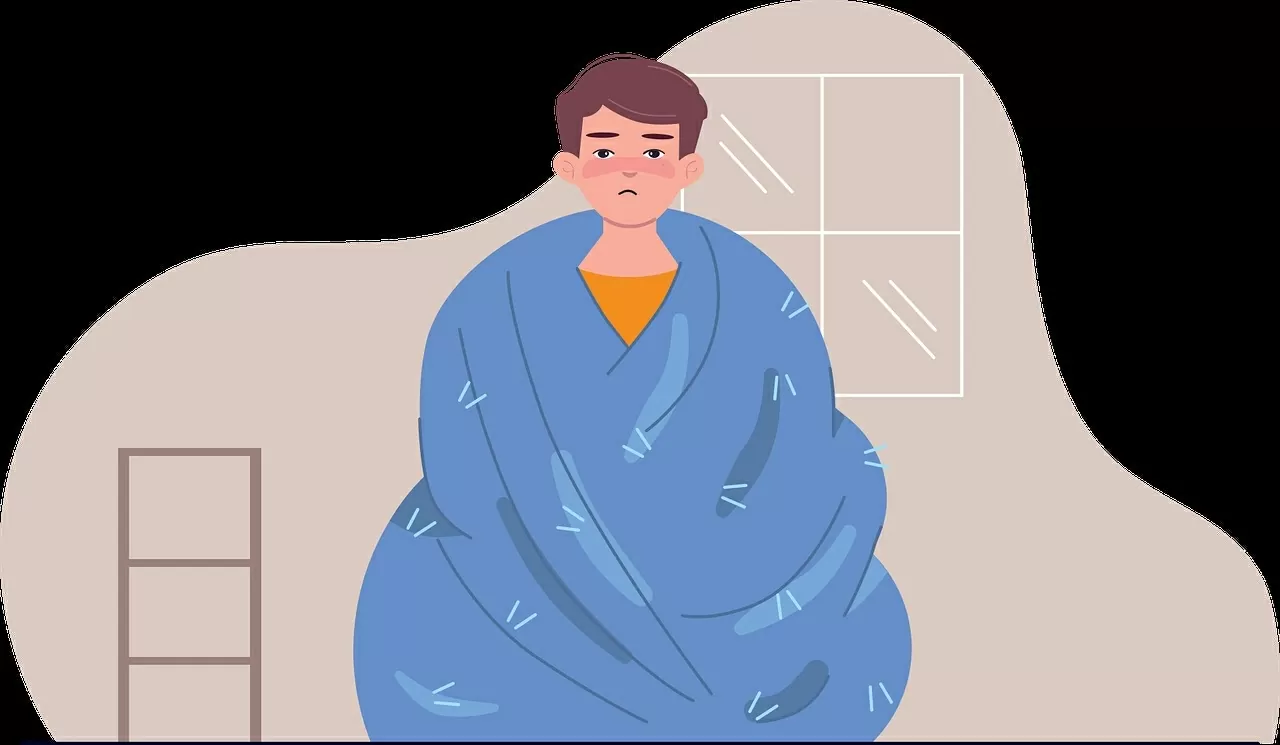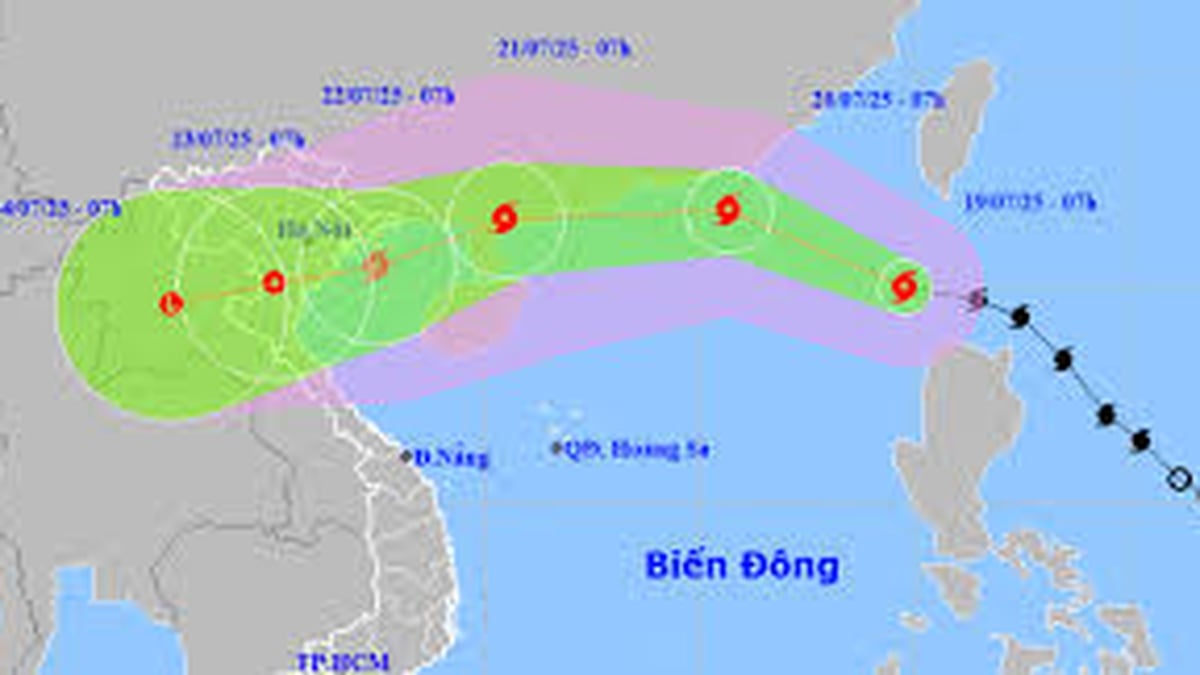Avoid smoking, practice good hygiene and wash your hands regularly, eat a nutritious diet, exercise regularly... to help prevent complications of pneumonia caused by flu.
 |
| Children under two years of age are at higher risk of developing pneumonia from the flu. (Source: Pixabay) |
The flu is a common respiratory infection that most people will get at some point. While many people recover from the flu after about a week, others experience serious complications such as pneumonia.
Flu does not always turn into pneumonia, but there are certain risk factors that make it more likely. People can get pneumonia from the flu virus or pneumonia from a bacterial infection.
Risk factors that make flu lead to pneumonia
Age: Children two years old and younger and adults over 65 years old are at higher risk of developing pneumonia from the flu.
Chronic medical conditions: Health problems, such as asthma, chronic obstructive pulmonary disease (COPD), diabetes, and heart disease, increase the risk.
Smoking: Smoking can damage your lungs and make you more likely to develop pneumonia after having the flu.
Severe flu infection: If you are hospitalized for the flu, your risk of developing pneumonia increases.
How to prevent pneumonia caused by flu
Taking care of your health can reduce your risk of getting sick and help you stay healthier during flu season. And there are some simple steps that can make a big difference, including:
Get vaccinated: Vaccines help reduce your risk of getting the flu and also reduce your risk of complications, including pneumonia.
Practice good hygiene: Wash your hands often with soap and water, especially after coughing or sneezing. Using hand sanitizer is also helpful in killing germs.
Avoid close contact: Try to avoid close contact with people who are sick. If you feel unwell, keep your distance to prevent the spread of flu.
Eat a nutritious diet and exercise: Eat nutritious foods, exercise regularly, and make sure you get enough sleep. A strong immune system can better fight off infections.
Avoid smoking: If you are a smoker, consider quitting after the flu to protect your lung health. This helps prevent health problems.
Get medical care early: Taking antiviral drugs like Tamiflu within two days of flu symptoms sometimes helps. This can reduce the severity of the illness and reduce the risk of complications.
How to tell if flu has turned into pneumonia
If you have the flu and start to feel worse over the next 7-10 days, you may be developing a complication like pneumonia. Some signs of pneumonia after the flu include increased difficulty breathing, chest pain, and a fever that doesn't go away.
If you begin to experience these symptoms, make an appointment to seek medical attention right away. Your health care professional may order an X-ray or blood test to see if pneumonia is causing your symptoms.
Source



































































































Comment (0)